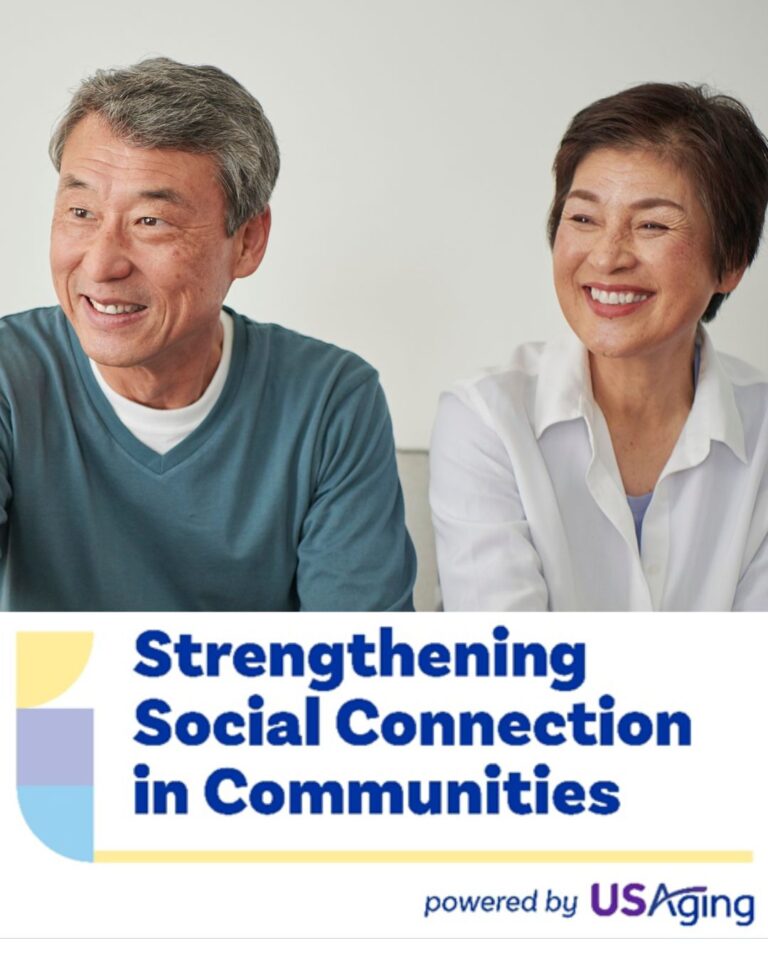This post is part of our Transform Rural Health campaign. Learn more, including how you can let your elected officials know that rural communities deserve the best opportunities for good health.
When you think of the housing crisis, you may be inclined to think first of big cities. But more and more people who live in rural areas—especially communities with high rates of poverty and rapidly climbing housing costs—are unhoused or struggling with stable housing as well.
The staff at Cayuga Community Health Network in Auburn, NY, are no strangers to this issue. Their Street Outreach & Advocacy program works to connect people to housing solutions, emergency rental assistance, behavioral and mental health resources, and other services that can help them navigate those difficult periods.
“A few times a month, we’ll get a call from someone who needs help with the basic services, housing, food, clothing,” said Shari Weiss, Executive Director of CCHN. “We do outreach in the area, at places like local churches, to get the word out that help and services are available. So many people just don’t know what’s available to them.”
Nicole Gee, CCHN’s Street Outreach Advocacy Coordinator, knows the importance of meeting people where they are—literally.
“Someone will call me or get referred to me, and I’ll go out to them, help them get enrolled in Medicaid or other services, and let them know when they’re enrolled,” said Nicole. “I’m seeing a lot of people needing these services. I worked with 128 individuals and 12 families just in July [2023].”
“People do not associate rural areas with the same level of poverty and homelessness as cities,” said Shari. “We’re constantly having to take evidence-based strategies that were developed with cities in mind, and adapt them to work for a rural area. The challenges and barriers that rural residents face are very different. It’s really hard. The rural voice needs to be heard.”
Doing this critically important work requires a level of trust with the community that takes time, effort, and compassion.
“My very first client—I was three days in to this job—was a person living in their truck in Auburn,” shared Nicole. “I went and found him, and he said, ‘I don’t want help, go away.’ I said OK, but I kept visiting him religiously. I brought him socks and coffee, just to develop that relationship. Finally, it’s November, and he says, can I come visit your office just to warm up? He came in and we talked, and he decided that was the moment he was ready for some help.” Nicole walked the man down the hall to the Department of Social Services and helped him apply for housing. Eventually, Nicole connected him to an apartment complex for those over age 55.
“It’s an apartment of his own. He can paint it however he wants, and he can receive supports and services right there. He’s been there for four months now, and he’s loving it.”
This is just one example of the effective and human-centered work led by CCHN, but challenges for these important programs always loom. The Street Outreach & Advocacy Program is fortunate to be funded by the city of Auburn, Cayuga County (via American Rescue Plan funds) and the United Way of Cayuga County. But in general, rural health funding has been slashed across the state in recent years, leaving networks wondering about the future of their programs.
In addition to funding, policy and regulatory changes would go far to helping people avoid housing crises, say Shari and Nicole, who point to a punitive system they say often dehumanizes people and lacks nuance for these complex situations.
“The mental health impact of homelessness needs to be taken into consideration,” said Nicole. “When people are staying in temporary housing, they are mandated to look for employment and housing every day. But if you’re in this situation, you might not have enough for a deposit even if you did find an apartment. It’s the last thing on their mind! They just need housing.”
If any of the stringent state and federal rules for temporary housing are violated—such as bringing a spouse, adult child or pet into their housing—people get sanctioned and have no access to services for 30 days.
“People are constantly being retraumatized by this system,” said Shari. “We need to stop punishing people for not having enough to get by with their families.”



